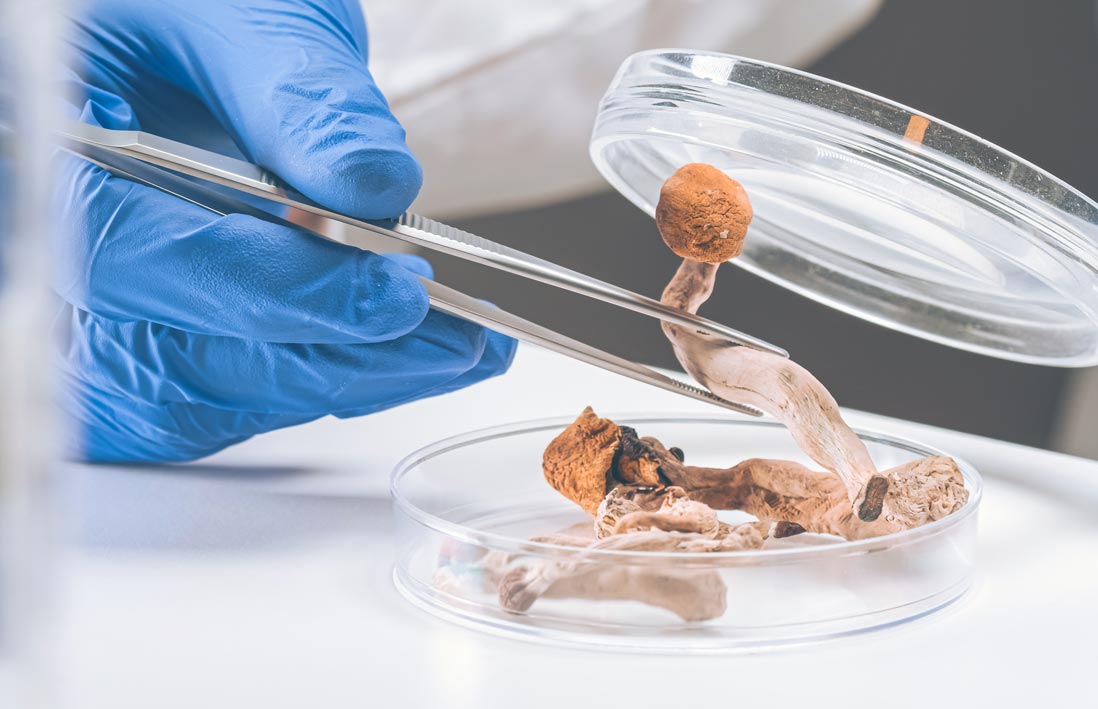Advertisment
Psilocybin shows increasing efficacy for treatment of depression

Treatment with psilocybin appears to offer long-term antidepressant effects which are comparable to those of standard antidepressant therapy with the SSRI drug escitalopram. Subjects taking psilocybin also reported comparatively better psychosocial functioning including experiencing a greater sense of meaning in life and psychological connectedness.
Researchers reported on Sept. 21, 2024 at the annual meeting of the European College of Neuropsychopharmacology.
Lead researcher Tommaso Barba, PhD candidate from Imperial College, London, said, “This is the first work to compare the long-term effects of these two drugs in the context of overall well-being, not just freedom from depression. In previous work we had found that both treatments led to comparable improvements in alleviating symptoms of depression at the 6-week mark, such as sadness and negative emotions. However, this work shows that psilocybin outperformed escitalopram in several measures of well-being, meaning in life, work and social functioning. These results appeared to be maintained over a 6-month follow-up period. In addition, in previous work we had found that psilocybin also improves sexual drive, in contrast to SSRIs which tend to lower libido in many patients. So overall it seems psilocybin might give additional positive mental health benefits.”
As background, the authors noted that SSRI drugs (selective serotonin reuptake inhibitors), such as Prozac, Paxil and Zoloft, are widely used to treat depression, but about a third of patients don’t respond to such treatment.
“SSRIs work well, but not for everyone,” Barba said. “They are also associated with some side effects. However, this work implies that psilocybin generally seems to offer a real alternative, and perhaps additional benefits, to people who are worried about taking conventional antidepressants.”
The researchers undertook a 6-month phase 2, randomized trial with 59 subjects diagnosed with moderate to severe depression.
They treated 30 of the subjects with a single dose of psilocybin and 29 subjects with a six-week course of escitalopram.
All subjects received similar psychological support of around 20 hours.
Both groups showed significant improvement in depressive symptoms up to 6 months after treatment. Notably, the subjects treated with psilocybin reported greater improvements in social functioning and psychological connectedness.
“This is important because improving connectedness and having greater meaning in life can significantly enhance a person’s quality of life and long-term mental health,” said co-first author Dr. David Erritzoe, Clinical Director and Deputy Head of the Centre for Psychedelic Research, Imperial College, London.
Erritzoe added, “Psilocybin is still an experimental drug; it has not yet been approved for general use. It is administered in highly controlled and protected environments: these precautions are not found in recreational psychedelic use, which is known for having unpredictable and potentially harmful effects, especially for vulnerable people struggling with mental health issues.”





